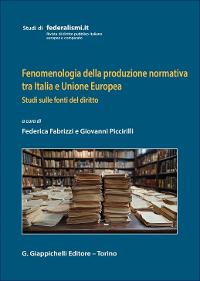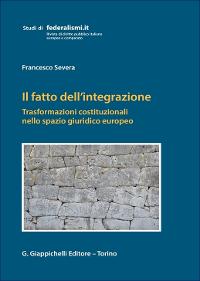
Log in or Create account
FOCUS - Human rights N. 3 - 07/10/2016
Indigenous rights and extractivism in Argentina
The second half of the 20th-century has represented perhaps the most important and long-awaited moment for the indigenous peoples in Argentina, because the country aligned itself with the policies adopted by the other Latin American countries during the same period, in relation to indigenous rights, and since the other Latin American countries were also characterised by the so-called emergencia indígena phenomenon. In fact, the constitutional reform of 1994 repealed the then outdated art. 67 c. 15, drawn up for the Constitution of 1853/60, and that in the second half of the 19th century had legitimised the military campaigns against the indigenous peoples still present in some areas of the country and which had ended with the fragmentation of the communities and the loss of their lands, absorbed by the State or by the emerging Provinces - thereby becoming tierras fiscales - and to be then donated to those who had taken part in or financed the same military expeditions, or were sold to national or foreign investors. Whereas the new art. 75 c. 17 introduced in 1994 listed a large catalogue of indigenous rights, including the right to collective ownership of the lands occupied traditionally, participation in managing the natural resources present in those territories and the right to a bilingual and intercultural education. (segue)
NUMERO 20 - ALTRI ARTICOLI
-
ITALIA - DOTTRINA
Il nuovo diritto procedimentale nella riforma della p.A.: l'autotutela
ITALIA - DOTTRINAPenalità di mora (o astreintes) nel giudizio di ottemperanza
-
ITALIA - DOTTRINA
International preventive strategies against corruption
ITALIA - DOCUMENTAZIONERassegna di giurisprudenza
-
ITALIA - DOTTRINA
Il nuovo assetto delle banche popolari
ITALIA - DOTTRINADiritti, povertà estrema e diseguaglianza sociale



 Registrati
Registrati Login
Login
 Territorio e istituzioni
Territorio e istituzioni Lavoro Persona Tecnologia
Lavoro Persona Tecnologia America Latina
America Latina Africa
Africa Osservatorio di Diritto sanitario
Osservatorio di Diritto sanitario Osservatorio sul diritto elettorale
Osservatorio sul diritto elettorale Osservatorio Trasparenza
Osservatorio Trasparenza Human Rights
Human Rights Storico focus
Storico focus Riforme istituzionali e forma di governo
Riforme istituzionali e forma di governo Scarica il Documento integrale
Scarica il Documento integrale
 STUDI FEDERALISMI
STUDI FEDERALISMI





25/01/2023
14/10/2022
18/05/2022
22/09/2021
28/12/2020
27/07/2020
05/02/2020
04/10/2019
01/05/2019
26/12/2018
29/10/2018
25/06/2018
29/12/2017
28/07/2017
13/03/2017
07/10/2016
17/06/2016
22/01/2016
25/09/2015
03/07/2015
03/04/2015
16/01/2015
24/10/2014
20/06/2014
28/03/2014
20/12/2013
16/09/2013
17/05/2013
15/02/2013